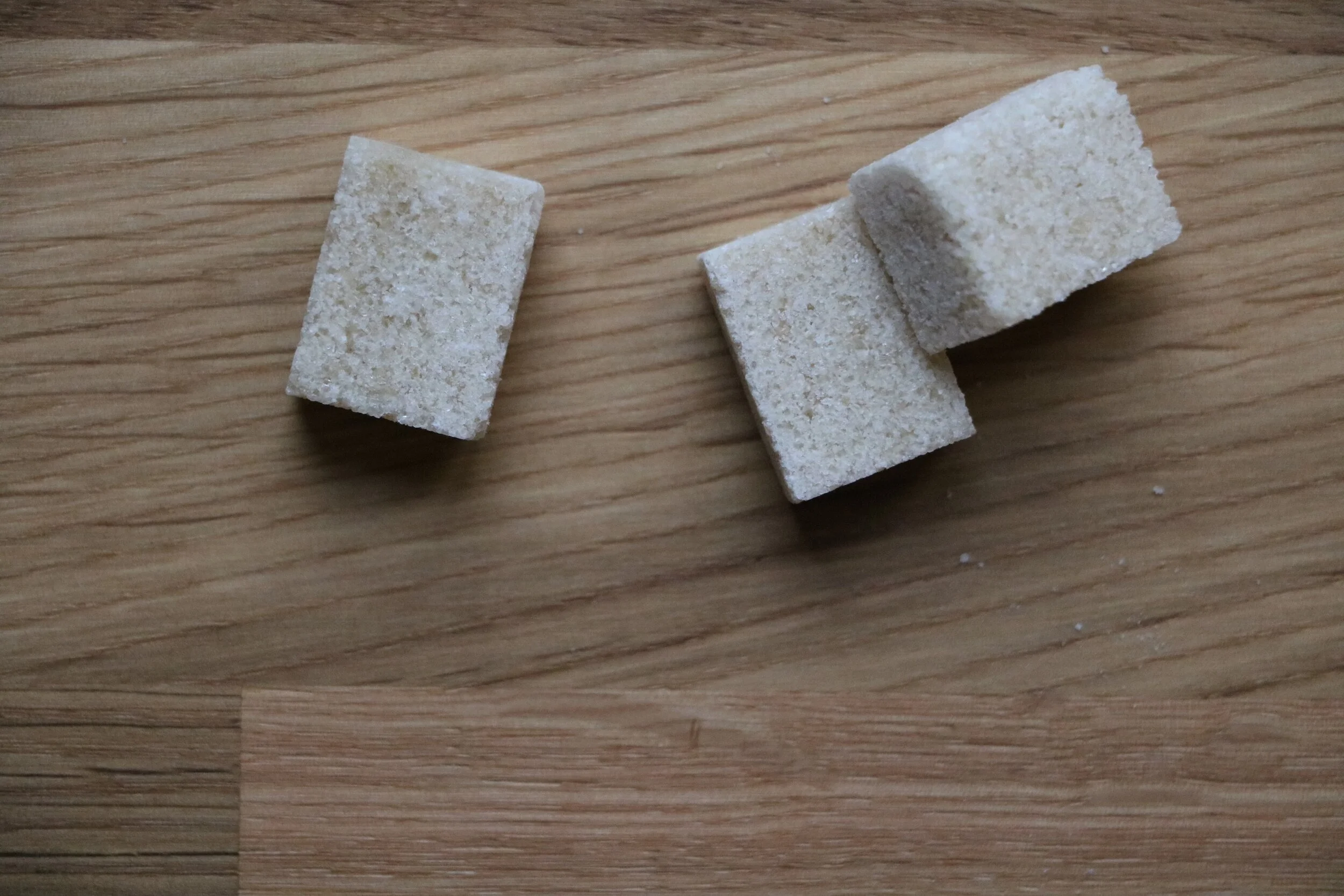Artificial sweeteners were invented for one specific purpose: to provide sugar taste for medically supervised diabetics and dieters. No one could have foreseen the day would come when chemical sweeteners were in a large percentage of the products we would eat every day. For instance, aspartame, which is marketed today under the trade names Equal and NutraSweet, was never intended to be ingested by children and adults all day long. In the 1990s, aspartame is found in most foods which are marked “Sugar-Free”, from gelatin desserts and puddings to soft drinks and candies.
Aspartame is made by combining two amino acids. It is never to be taken by those who have PKU (phenylketonuria), a hereditary metabolic disorder. The FDA suggests that no more than 50 milligrams of aspartame per 2.2 pounds of body weight be consumed in any one day. For the average adult, this is about 17 cans of diet soda. For a 40-pound child, it translates to only four or five cans – assuming the sweetener is not in any other food eaten that day. With the prevalence of aspartame in the foods children consume, including packet fruit powders, gelatins, and puddings, it isn’t difficult for a child to ingest more than the suggested amount in a 24-hour period.
In 1984, 3,341 ton of aspartame went into the foods Americans ate. Since aspartame is 180 times as sweet as sugar, that translates into the equivalent of 686,000 tons of sugar. By 1985, sales of the sweetener had already reached $700 million a year. Every year since then, artificial sweeteners have become a more significant component of processed foods. Why worry about possible adverse reactions? Simply stay away from artificial sweeteners.
Commercials try to promote these sweeteners as being safe because they are a harmless combination of naturally occurring elements. Ridiculous! Gunpowder is the combination of naturally occurring elements, and no one would presume for an instant that gunpowder is not dangerous. We don’t have enough experience with the commercial sweeteners currently in our foods. We don’t know if today’s artificial sweeteners could have disastrous long-term consequences. An earlier sugar substitute, cyclamate, was found to promote cancer and was subsequently removed from the market in October 1969.
I see no reason why a child needs to be given sweetened food. There is plenty of sugar in the fruits that should be abundant in his diet. Even if, from infancy, he has never had sugar, you will find your child has a natural sweet tooth. If you don’t believe this, try putting something sour on your baby’s tongue and watch him make a “yucky face”. Then try a little sugar. His face will relax, and you’ll see the beginning of a smile. We are born with a “sweet tooth”. The fact is that human breastmilk is the sweetest produced by any mammal. You don’t want to intensify your child’s natural desire for sweets. So the secret is, as much as possible, to keep your children away from processed sugars and the foods that contain them.
Please remember…..
Be gentle as you are making dietary improvements for your family. Some families do well with a drastic and complete change and some require a more gradual approach that leads them to a very occasional indulgence of a favorite food. Find what works for your family as you walk this path to improving your health by improving your foods.
